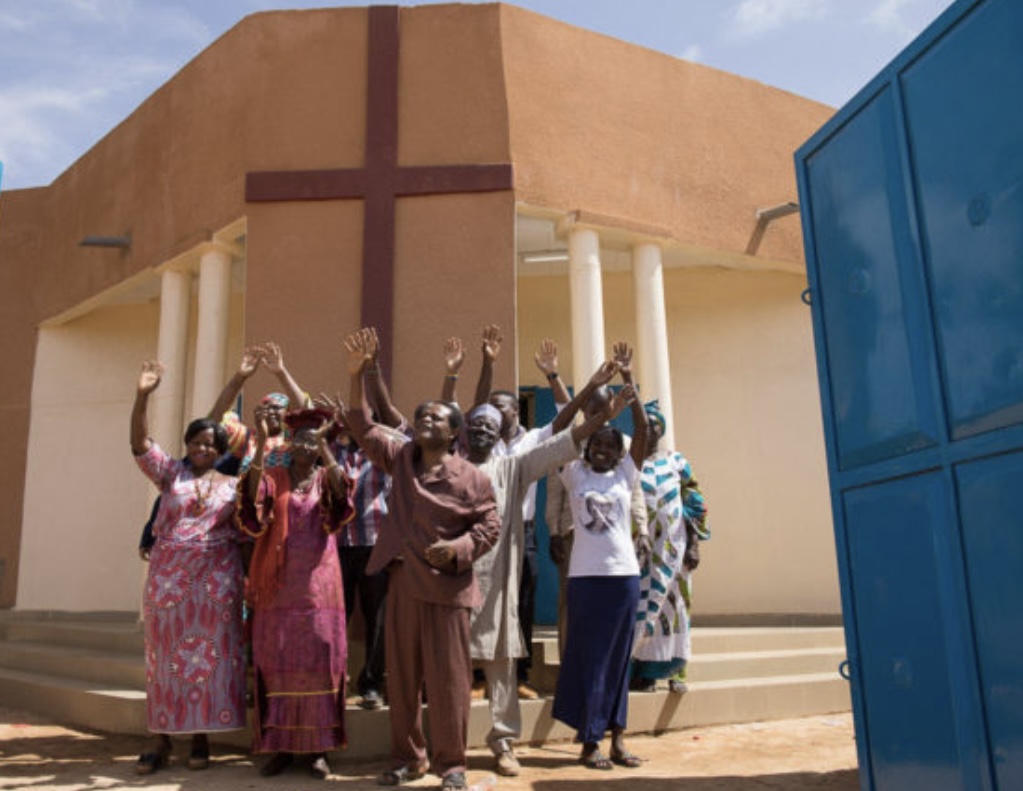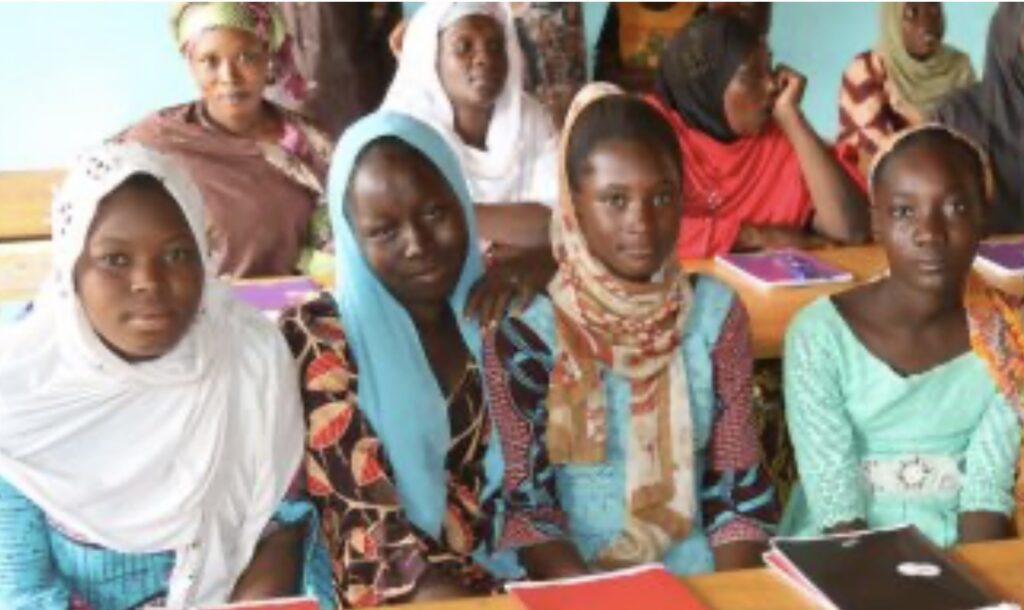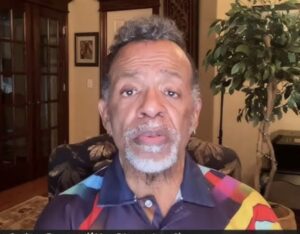Niger’s Christians continue to shape society despite the coup
Niger’s Christians continue to shape society despite the coup.
Christians in Niger play a significant role in the social fabric of the country, despite the ongoing coup. As a religious minority, they have faced challenges and discrimination, but they have also made valuable contributions to the nation’s cultural diversity and social development.

Christians worship Jesus in Niger
Niger is predominantly a Muslim-majority country, with Islam being the dominant religion. However, Christians, who make up a small percentage of the population, have managed to establish themselves as an integral part of the society. They have built churches, schools, and healthcare facilities, providing essential services to both Christians and Muslims alike.
In terms of social integration, Christians in Niger have actively participated in various community initiatives, fostering interfaith dialogue and promoting peace and harmony. They have been involved in charitable activities, supporting vulnerable groups, and advocating for human rights and social justice. Their presence has helped bridge the gap between different religious communities, fostering a sense of unity and understanding.
However, the ongoing coup in Niger has undoubtedly created a challenging environment for Christians and other religious groups. Political instability often leads to increased tensions and uncertainty, which can affect the social dynamics of the country. Christians, like other citizens, may face restrictions on their freedom of expression and assembly during such times.

Nevertheless, Christians in Niger have shown resilience and determination in maintaining their faith and contributing positively to society, even in the face of adversity. They continue to engage in peaceful coexistence with their Muslim counterparts, emphasizing the shared values of compassion, love, and respect.
Additionally, Christians in Niger often encounter discrimination and prejudice in various aspects of their lives. They may face social exclusion and limited opportunities for employment or advancement due to their religious beliefs. In some cases, they may even experience hostility and violence from extremist groups who perceive Christianity as a threat to their own ideologies.
Despite these challenges, Christians in Niger strive to contribute positively to the social fabric of the country. They actively engage in community development projects, providing assistance and support to those in need regardless of their religious affiliation. Christian organizations often establish schools, hospitals, and other social services that benefit both Christians and non-Christians alike.
Furthermore, Christians in Niger actively participate in interfaith dialogue and collaboration, fostering understanding and harmony among different religious communities. They promote peaceful coexistence and work towards building bridges of tolerance and acceptance in a diverse society.
The Christian community in Niger also plays a significant role in preserving the country’s cultural heritage. They celebrate their faith through vibrant worship services, music, and traditional practices, contributing to the rich tapestry of Nigerien culture.
Despite their small numbers, Christians in Niger continue to make valuable contributions to the social, cultural, and economic development of the country. Their resilience and commitment to their faith enable them to navigate the challenges they face while striving to create a more inclusive and harmonious society for all.







